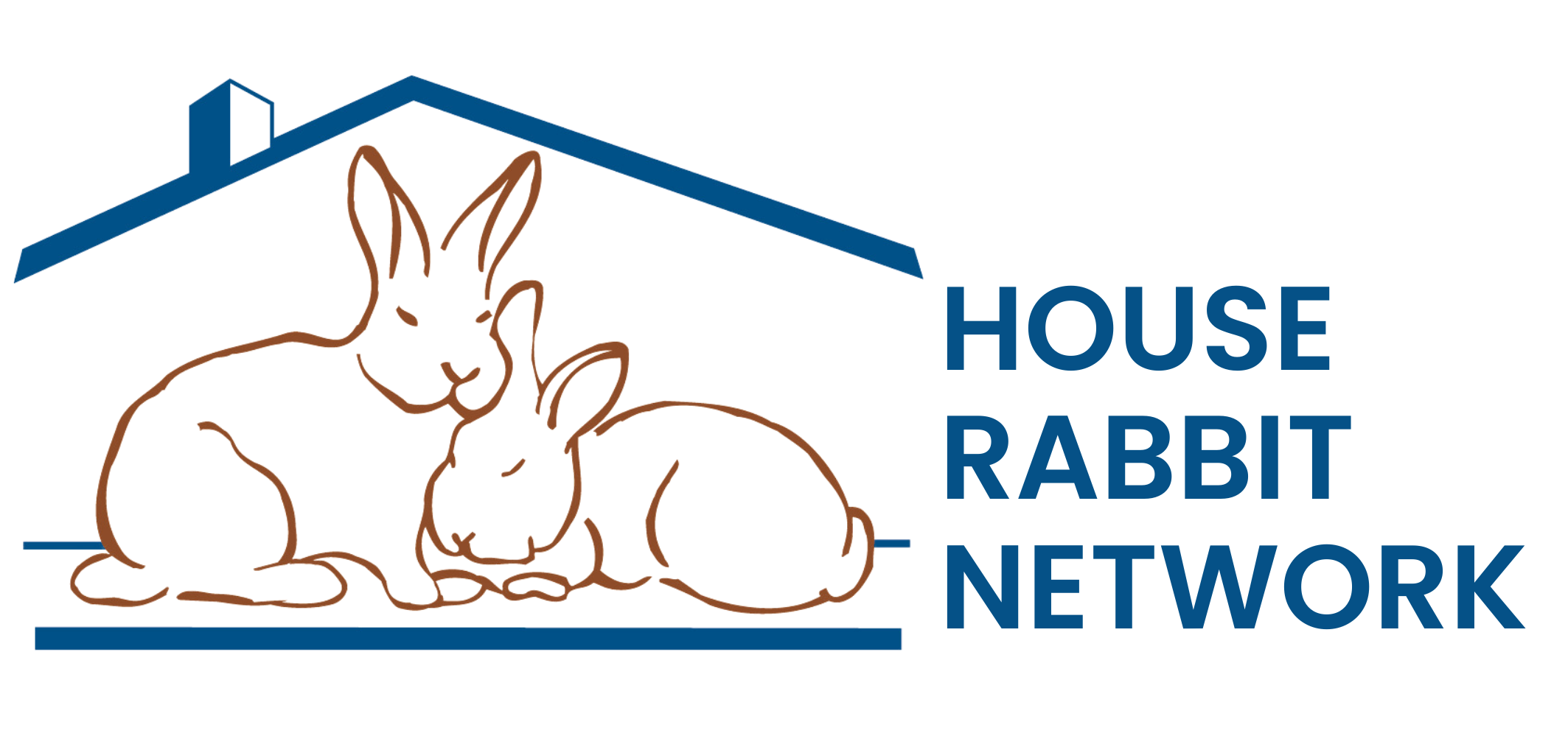How to Read Your Bunny’s Emotions
by Allison Lynch
Bunnies are funny little creatures – although relatively quiet animals, they have a wide range of emotions they express with their bodies. Your bunny will communicate to you or to other rabbits in a very distinct manner. As an owner, you can learn to read your bunny’s mood, which in turn can help you figure out what your bunny likes or doesn’t like (especially when it comes to treats!). The following list of emotions and their expressions are common in most rabbits.
Joyful/Happy
A happy bunny is the best kind of bunny. The most obvious expression of happiness is when your bunny performs a series of “binkies.” The rabbit will typically be running around during exercise and hop in the air, accompanied by a twist or ear-flicking. Some rabbits will binky when it’s treat time; others will start binkying as soon as they are taken out of their cage for exercise time. When a bunny is really excited, you’ll see his bunny butt twitch where the back half twitches up and down. This level of excitement is very common when buns eat special treats like bananas.
Relaxed
When a bunny relaxes, he will flop down on the ground and stretch out his legs. This bunny flop indicates that your bunny feels safe, relaxed, and ready to rest. Sometimes bunnies will flop and curl on their sides, which is the ultimate form of bunny relaxation. A side flop may look like your bunny is playing dead – don’t be alarmed! A closer look to make sure the bunny is breathing means everything is okay.
Angry
When rabbits feel threatened, don’t want to be touched/held, or simply don’t like their surroundings, they will make it known to you. An angry rabbit will point his ears back (this doesn’t occur in lopeared bunnies). And if the ears are back and the hind end/tail is raised, watch out because that bun wants to attack and bite. Behaviors such as grunting, nipping, boxing at you with their paws, and stomping are signs of aggression, which mean you should leave your bunny alone. A bunny stomp is very loud and obvious. If your bunny continues to stomp, check the surrounding area to make sure there is nothing making your bunny feel threatened.
Fearful
A scared bunny will signal danger by stomping. A fearful bunny is very alert, and will typically be breathing very fast. If you pick up a bunny that does not like to be held, you may also notice his eyes bulging, which is a sign of fear. The ultimate expression of fear is when a bunny screams, which sounds like a terrifying, high-pitched squeal, not unlike a child’s scream. This is rare, but if you hear this sound, immediately go check to make sure your rabbit is safe and stay with him until he has calmed down.
Irritable
Yes, sometimes rabbits can be little divas! Rabbits aren’t always super cuddly, and when they’re annoyed, they’ll make sure you know. An irritated rabbit may grunt, nip, scratch, or physically turn away from you so as not to be bothered. Sometimes a rabbit will hop away from you while flicking his feet, as if to say, “I’m done with you!”
Sad
A depressed rabbit is a sad sight to see. The rabbit will be withdrawn and exhibit unusual behaviors. For example, your rabbit may hide, appear listless, lose his appetite, or feel insecure around you. This often happens when a rabbit is alone for extended periods of time and is not given proper care and attention. Because rabbits are social creatures, it’s crucial that they receive affection from their owners, or bond with a mate. A rabbit will also show these signs of grief if he ever loses his bondmate. Curious Have you ever seen a “periscope” bunny? This is when your rabbit stands on his hind legs to check out his surroundings. Rabbits are naturally curious creatures, and will sniff just about anything that strikes their fancy. They love chewing on things, and they will find your computer charger or important papers if they’re left out in the open. Opt for a wooden toy or a fresh pile of hay to keep your curious rabbit satisfied.
Loving/Affectionate
You can tell your bunny is feeling the warm fuzzies with his bondmate when they lick and groom each other, and nuzzle up against each other’s fur. A bunny that is feeling affectionate towards his owner will want to be pet, and may nudge your hand to indicate that he wants some attention. Quite often bunnies will gently grind their teeth when being pet or talked to, indicating that they are very content. If your bunny rubs his chin on you, consider yourself claimed! A bunny’s scent glands are on the chin, and by rubbing his chin on a surface, that bunny is claiming possession in a good way. The ultimate sign of love? When your bunny licks you! Bunnies are an important part of our families. Take the time to get to know your rabbit, build trust, and identify his behaviors and emotions to form a lasting, loving bond.
